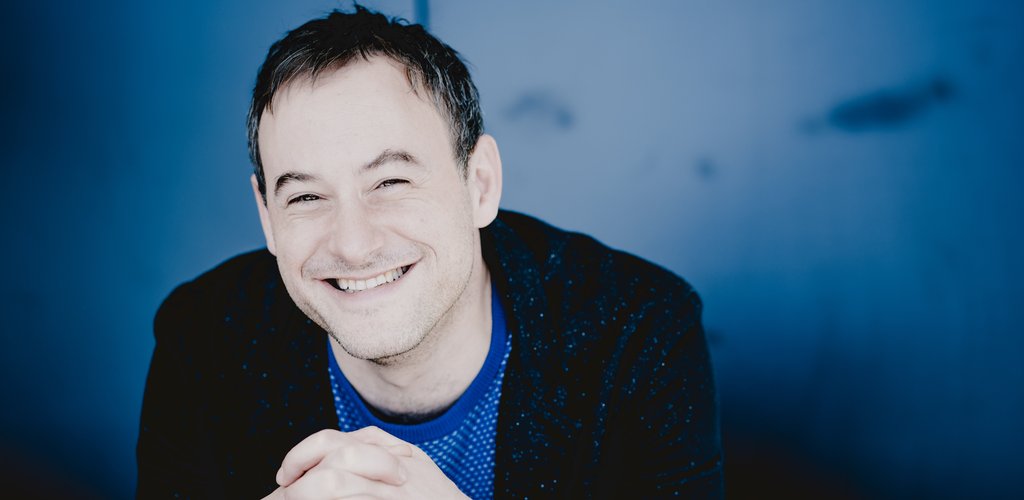On September 29 and 30, extremely ambitious, virtuosic music will be on the program of the first Baroque concert of the season, given by the Budapest Festival Orchestra at the Liszt Academy. The only Bach cantata written for soprano voice and trumpet solo as well as Telemann’s cantata “Ino” will be performed by the Baroque Ensemble of the BFO, led by the British specialist in Baroque music, Jonathan Cohen.
Júlia Váradi: Why is the trumpet solo on that especially high sound level? What was the composer's intent with that special sound? Can it be explained?
Jonathan Cohen: The reason for that is probably that the Brandenburg concerto is scored for unusual groups of instruments. You have not only the trumpet, but a solo oboe, a solo violin and a solo recorder. It’s a quartet of soloists. It’s very difficult to play and I presume that Bach - who had very good musicians in his orchestra just wanted to try them play special scores, which he used in the most different concert situations. The trumpet has a special role in that solo. It is really extremely high and it needs special knowledge to play it right. Bach had wonderful trumpet players, whom he wanted to try.
J.V.: Does it mean that Fruzsina Hara needs a specially trained mouth to be able to play that music?
J.C.: It is like somebody running at the Olympics the highest level of sprinters. Or to climb up to the Mount Everest. It’s physically demanding. You have to play it many times and practice more than anything. She is a very special trumpet player, who can do it.
J. V.: The program also includes Telemann. What do you think of him? Is Telemann estimated at the level where he and his music should be?
J.C.: Exactly that was my intention to show how underestimated his music is nowadays. Bach and Telemann lived at the same time. By the way, Telemann was the godfather of Carl Philipp Emmanuel Bach. Telemann was offered the position in Leipzig, which was then filled by Bach, because Telemann thought Bach fit better for the position of the cantor. While he was also a fantastic musician. He left behind an enormous oeuvre as a composer. He composed more than 3000 works. Three times of the amount of Bach’s pieces. Of course not the amount counts, but still…
J. V.: He was already 84, when he wrote the dramatic cantata “Ino”, which you will also perform in Budapest.
J.C.: Yes, this was his last composition. He was as active in his old ages, as Haydn. He was indoctrinated when he got old. He believed in the power of flowers and plants. He learned a lot about that field and he became a poet also in his elderly years. His life history was sort of shadowed by Haydn and Mozart, the great talents coming soon after him, and Bach. So he was overshadowed, but I think we should appreciate him much more. His music is really great. “Ino”, this wonderful cantata is really interesting. It’s a little bit difficult, very dramatic, there are many recitativos in it, many changing emotions. In the beginning Ino throws herself from a cliff into the sea, running away from her husband, who killed her son. This was a very ambitious decision from Telemann to express this story through the music. He succeeded.
